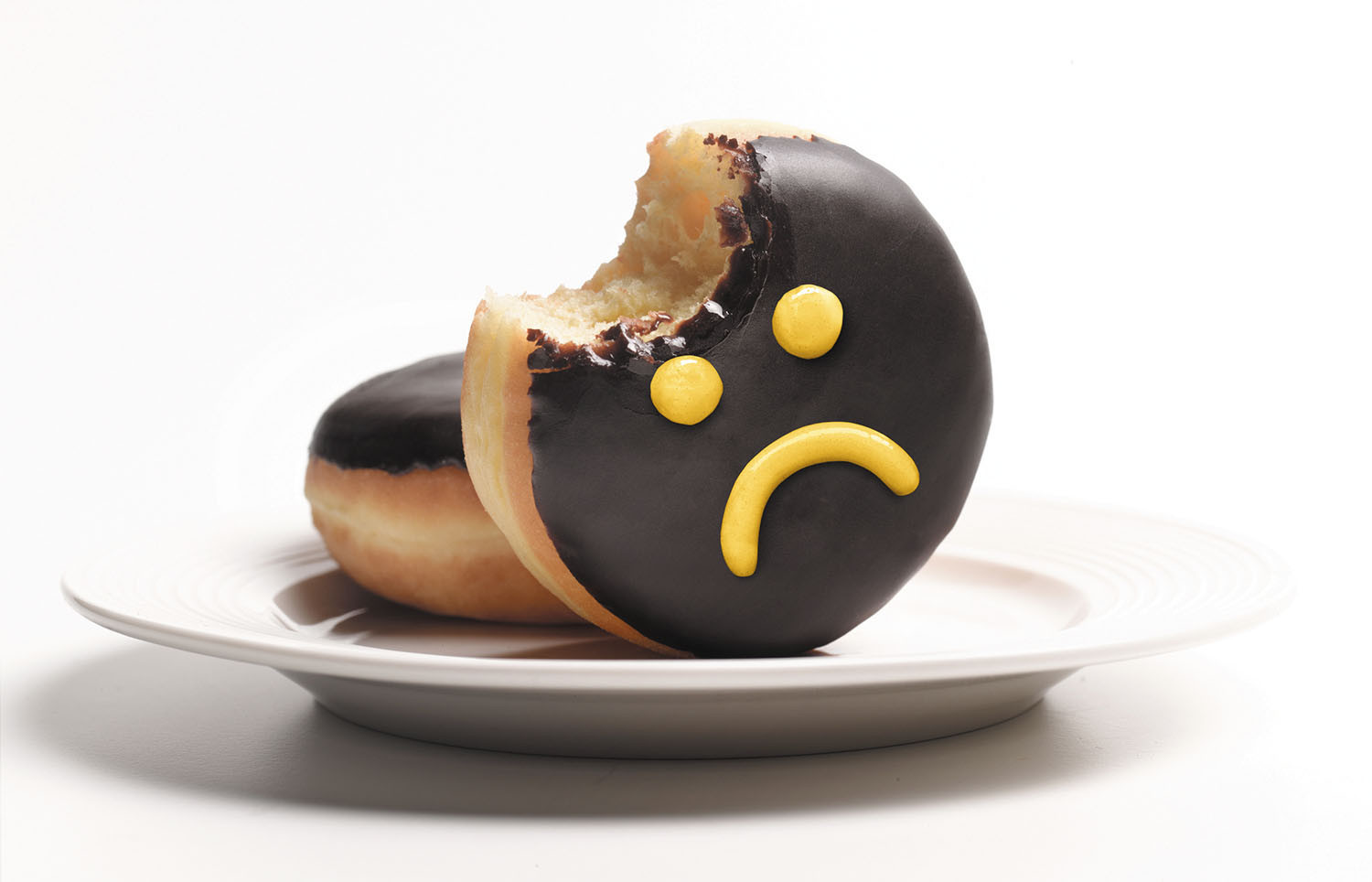Cutting back on ultra-processed foods linked with lower dementia risk
In the journals
- Reviewed by Howard E. LeWine, MD, Chief Medical Editor, Harvard Health Publishing; Editorial Advisory Board Member, Harvard Health Publishing

Need another reason to avoid eating ultra-processed foods? Doing so may protect you from dementia.
Researchers looked at the dietary habits of more than 72,000 people ages 55 and older without dementia and followed them over an average of 10 years. By the end of the study period, 518 participants had been diagnosed with dementia.
Based on the people's diet questionnaires, which were given at least twice during the study, the researchers observed a correlation between developing dementia and earlier intake of ultra-processed foods.
Even after adjusting for other established risk factors, the researchers calculated a 25% higher risk for dementia in people eating the largest amounts of these foods compared with those who ate little of them. They defined ultra-processed foods as those high in added sugar, fat, and salt, and low in protein and fiber. Examples include soft drinks, salty and sugary snacks, ice cream, sausage, deep-fried chicken, ketchup, and mayonnaise.
The investigators estimated that switching out 10% of ultra-processed foods with an equivalent proportion of unprocessed or minimally processed foods — such as fruits and vegetables — could lower dementia risk by 19%. This type of observational study only shows an association between diet and dementia risk, and does not mean that ultra-processed foods cause dementia. The study was published online July 27, 2022, by Neurology.
Image: © Peter Dazeley/Getty Images
About the Author

Matthew Solan, Executive Editor, Harvard Men's Health Watch
About the Reviewer

Howard E. LeWine, MD, Chief Medical Editor, Harvard Health Publishing; Editorial Advisory Board Member, Harvard Health Publishing
Disclaimer:
As a service to our readers, Harvard Health Publishing provides access to our library of archived content. Please note the date of last review or update on all articles.
No content on this site, regardless of date, should ever be used as a substitute for direct medical advice from your doctor or other qualified clinician.
















